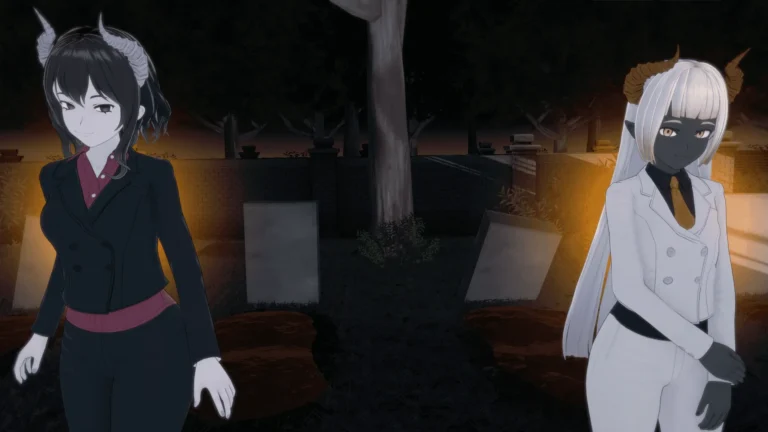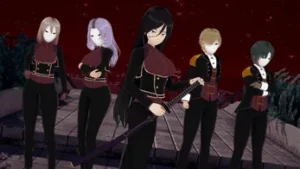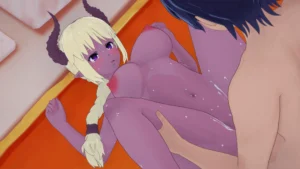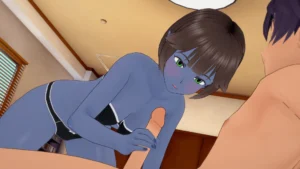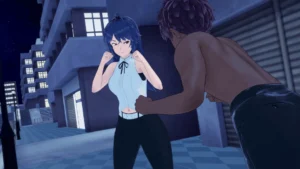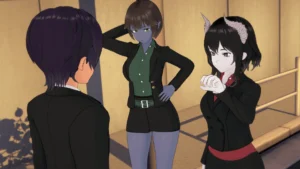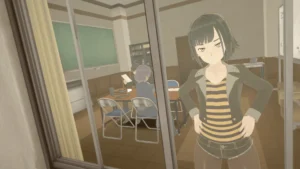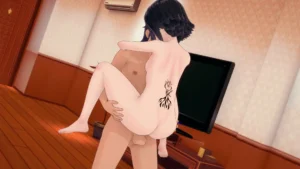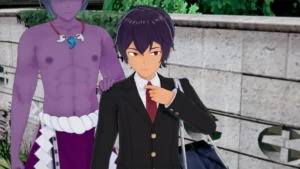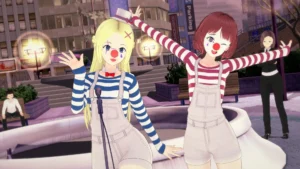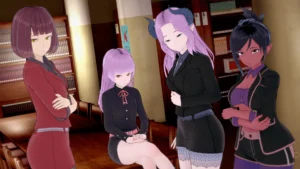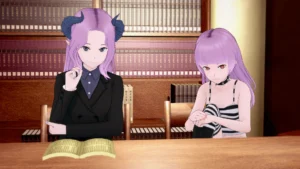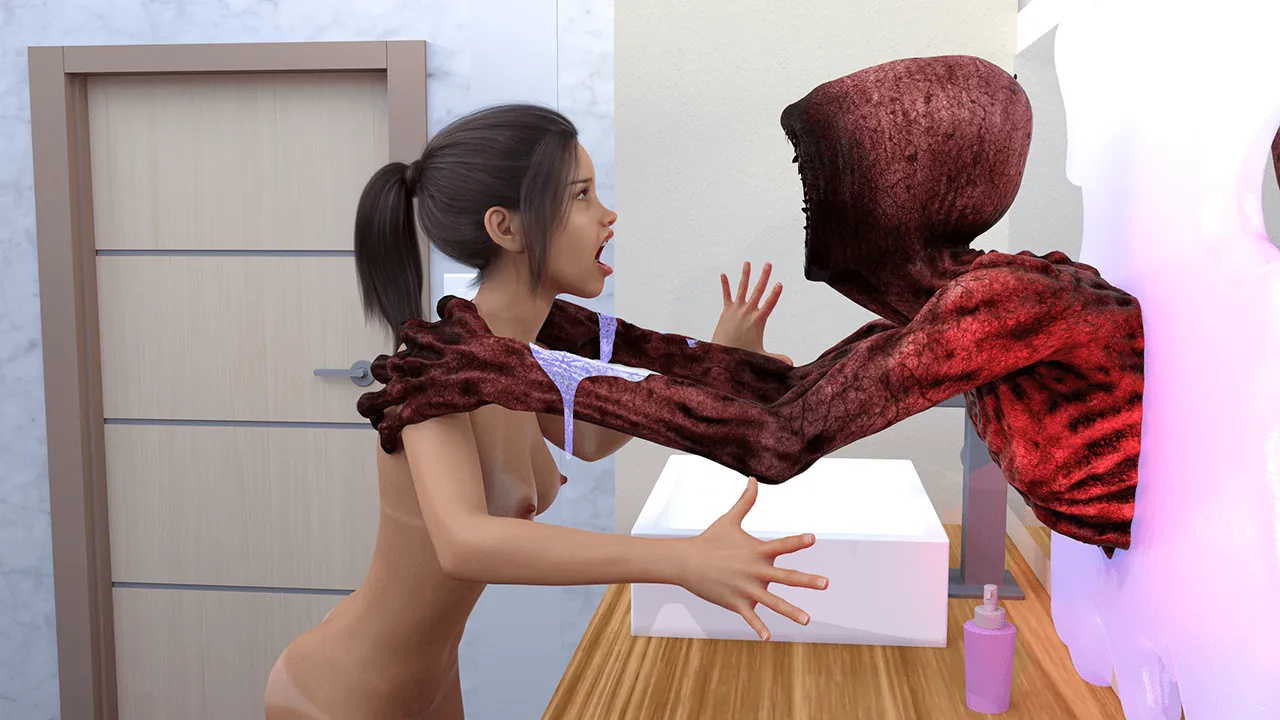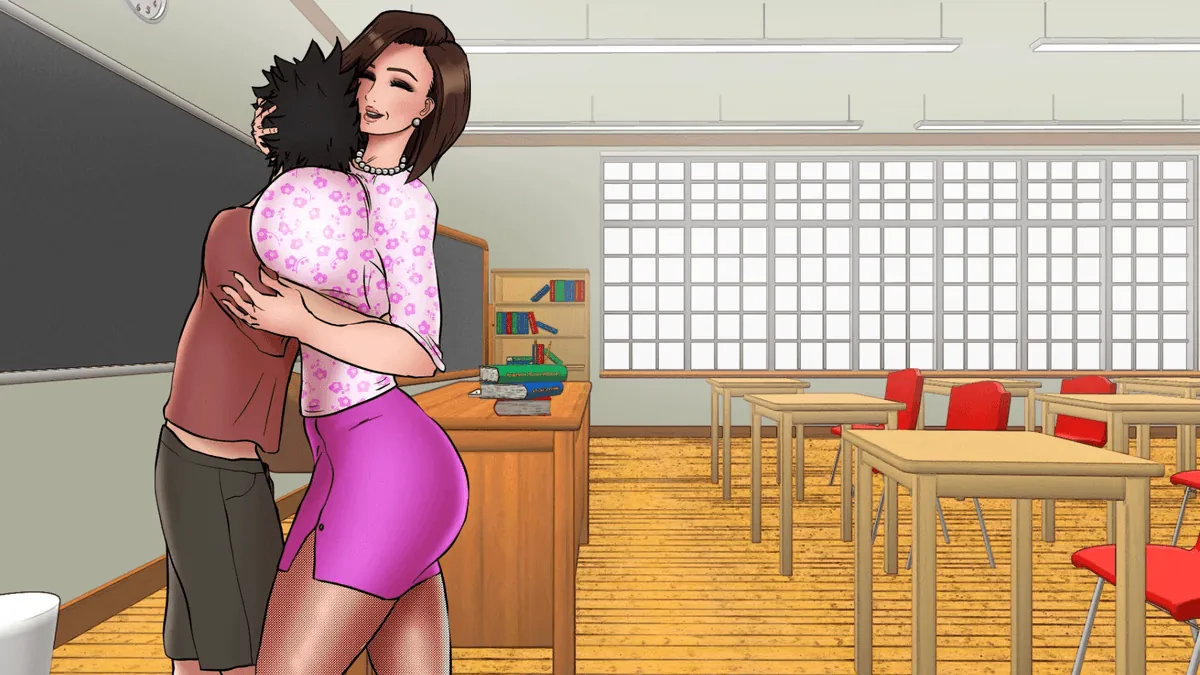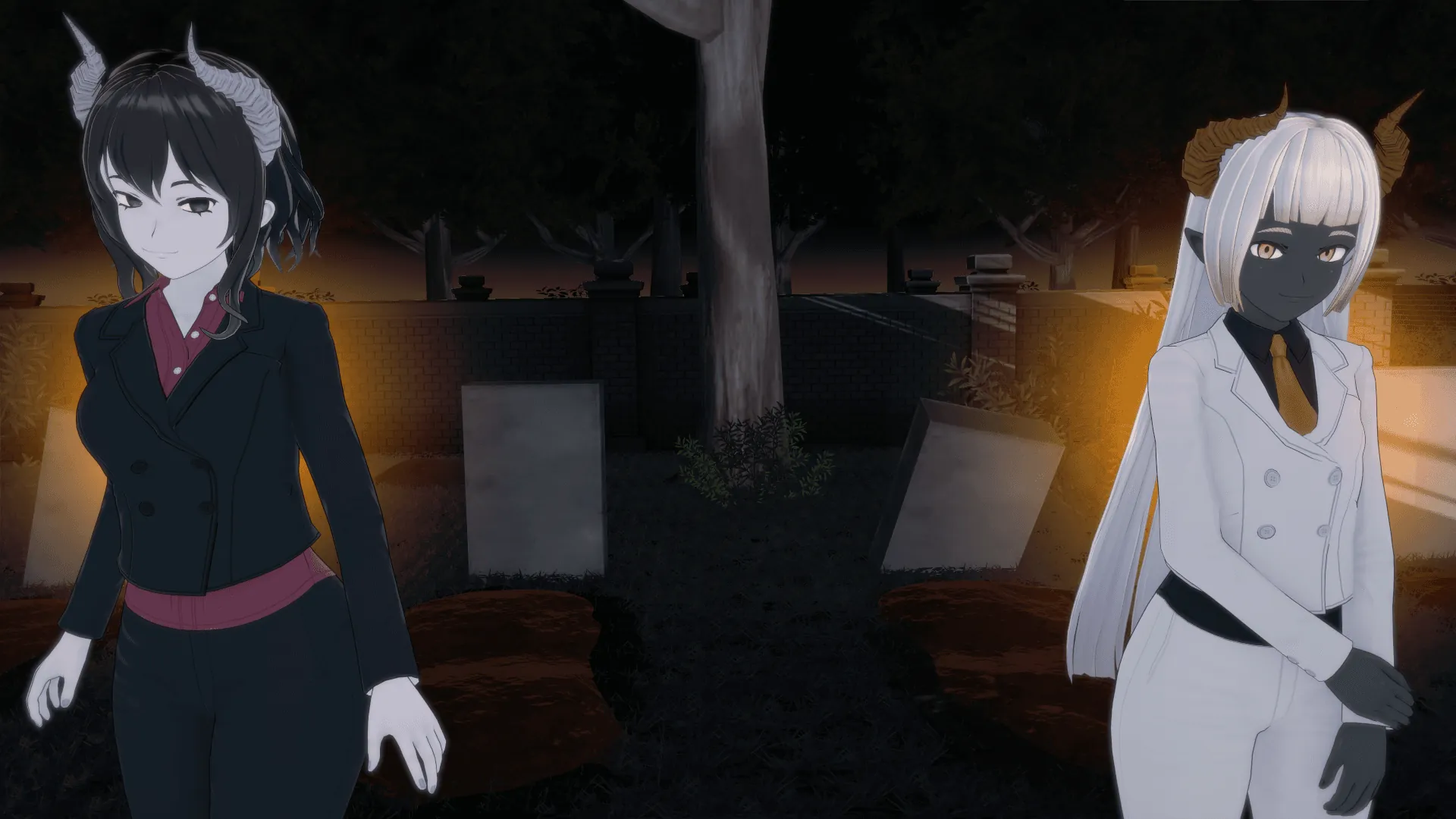
Demons of the Hearth
Play Demons of the Hearth
Demons of the Hearth review
Explore the narrative depth, character dynamics, and unique features of this visual novel experience
If you’re curious about ‘Demons of the Hearth,’ you’re not alone—this visual novel has sparked conversations for its blend of engaging storytelling, diverse characters, and interactive choices. Unlike many titles in its genre, it balances emotional depth with player agency, letting you shape relationships and outcomes in a world that feels both intimate and expansive. In this article, we’ll walk through what makes ‘Demons of the Hearth’ stand out, from its evolving plot to the nuances of character interaction, and share practical tips to enhance your playthrough. Whether you’re a newcomer or a returning player, there’s always something new to discover in this evolving narrative adventure.
The World and Story of Demons of the Hearth
What Is the Premise of Demons of the Hearth?
Picture this: you’re just trying to get through another ordinary day, maybe worrying about bills or what to make for dinner, when a shadow in the corner of your room starts whispering your name. 😱 That’s the exact feeling Demons of the Hearth captures so perfectly. At its core, this visual novel is about the hauntingly beautiful intersection of the mundane and the magical. You step into the shoes of a character returning to their sleepy, somewhat forgotten hometown, only to discover that the very essence of domestic life—the hearth, the home, the family memories—is alive, and sometimes, it’s angry. 🏚️✨
The central premise is a masterclass in contrast. You’re dealing with the utterly relatable—reconnecting with old friends, fixing up a dilapidated house, navigating awkward small-town dynamics—while simultaneously uncovering ancient pacts and spiritual entities that have taken root in the foundations of the community. This supernatural daily life isn’t a separate, hidden world; it’s baked into the cracks in the ceiling and the whispers in the attic. The game asks a compelling question: What if the ghosts aren’t in a graveyard, but in your grandmother’s rocking chair? The Demons of the Hearth story builds on this foundation, creating a world that feels both comfortingly familiar and thrillingly unknown.
How Does the Narrative Evolve?
The game plot development in Demons of the Hearth is a slow, delicious burn that expertly plays with your expectations. 🕯️ It doesn’t throw you into the deep end. Instead, it lets you wade in, starting with small, almost dismissible oddities. A photo that changes when you look away. A kettle that boils by itself. You might chalk it up to your imagination or the house settling. This gradual approach is what makes the eventual shift so powerful.
The narrative truly begins to unfurl as you investigate your family’s past and the town’s hidden history. You’ll start connecting dots between seemingly unrelated townsfolk and strange local legends. The pacing is deliberate, allowing you to form genuine attachments to the setting and characters before turning up the heat. The real magic of this visual novel narrative is in its transitions. One moment you’re having a heartfelt conversation over a cup of tea, and the next, you’re witnessing a spectral replay of a decades-old argument that holds the key to everything. These aren’t just jumpscares; they’re emotional revelations that recontextualize everything you thought you knew.
“I was totally unprepared for the scene in the forgotten garden,” shares a long-time fan on the game’s forums. “I’d spent hours just chatting with Elara about her plants, so when her past literally bloomed around us in a cascade of ghostly petals and heart-wrenching dialogue, I actually had to put my controller down. It was one of those cinematic story moments that just… hits you. I cried, not gonna lie.” 😢
This evolution from cozy to cosmic is handled with a deft touch. The game ensures the supernatural elements always feel like a natural, if terrifying, extension of the human drama. Betrayals, lost loves, and family secrets are the kindling, and the supernatural entities are the fire. The Demons of the Hearth story masterfully demonstrates that the most terrifying monsters are often born from the most human of emotions.
A crucial part of this evolution is the agency you’re given. The concept that player choices matter is not just a tagline here; it’s the engine of the narrative. Let me give you an example from my own playthrough.
Example of a Key Decision Point:
Early on, you find a strange, locked music box that hums with an eerie energy. You have a few options:
* Force it open to satisfy your immediate curiosity.
* Ask the reclusive antique dealer about it, risking that he might take it from you.
* Wait and show it to Elara during your next scheduled meeting.
I chose to force it open. A sharp, discordant melody played, and a minor spirit was released, which proceeded to haunt my kitchen for the next several in-game days, souring milk and hiding keys—a constant, annoying presence. A friend of mine took it to the antique dealer. He identified it as a “sorrow-cage” and, for a price, purified it, granting her a permanent bonus to discerning hidden truths in conversations. Our stories diverged right there based on a single, seemingly small decision. This is the brilliance of the game plot development; your curiosity, caution, or compassion directly writes the next page.
What Makes the Storytelling Unique?
So, what sets Demons of the Hearth apart in a sea of visual novels? 🎭 It all comes down to its commitment to emotional engagement in games through a refined visual novel narrative. Many games tell you your choices are important, but this one makes you feel the weight of every single one. It understands that true horror and profound connection aren’t found in gore or grand speeches, but in the quiet, intimate spaces between people.
First, the balance between complexity and accessibility is perfect. The lore is deep—you could spend hours piecing together the mythology of the Hearth-spirits—but it’s never required reading to enjoy the character arcs. The game trusts you to be smart enough to follow along without drowning you in exposition. The plot threads are intricate but never tangled, rewarding careful attention with satisfying “aha!” moments. 🧩
Secondly, the character dynamics are the true heart of the experience. Your relationships aren’t just stat buffers; they are the primary channel through which the story is told. Getting to know the gruff local baker might reveal the folk song that pacifies a wrathful spirit. Helping a child find their lost cat could lead you to a hidden portal. The cast feels like real people with their own motivations, fears, and secrets that may or may not align with your goals. This creates a layer of suspense and depth that is rarely achieved.
The game also excels at delivering those cinematic story moments. I’m not just talking about beautifully illustrated CGs (though it has those in spades!). I’m talking about the direction—the way the text scrolls, the subtle change in music, the focus on a character’s slight reaction. It frames scenes with the care of a film director, ensuring that pivotal revelations land with maximum impact. These moments are earned, feeling like a direct result of the emotional investment you’ve poured into the Demons of the Hearth story.
Finally, let’s talk about consequence. The phrase player choices matter is often thrown around, but here it’s a design philosophy. Your decisions don’t just lead to a different ending slide; they alter the journey itself, changing character relationships, opening or closing entire story branches, and determining which truths you uncover. This creates an incredibly high replay value, as you’ll be constantly wondering, “What if I had done it differently?”
| Narrative Feature | How Demons of the Hearth Implements It |
|---|---|
| Player Agency | Choices directly influence character relationships, available story paths, and the tone of the supernatural encounters. |
| Pacing | A slow, deliberate build from mundane slice-of-life to intense supernatural drama, making the payoff more impactful. |
| Emotional Payoff | Investing in character relationships is essential for unlocking deeper story layers and surviving spiritual encounters. |
| World Integration | The supernatural is not a separate layer but is intrinsically woven into the setting, history, and daily life of the town. |
In the end, the unique power of Demons of the Hearth is its understanding that our homes and our hearts are often the most haunted places of all. It’s a visual novel that doesn’t just want to tell you a story; it wants you to live it, shape it, and feel its echoes long after you’ve put it down. By masterfully blending the comfort of the everyday with the chill of the otherworldly, it forges an unforgettable connection with the player, proving that the most compelling stories are those that speak to the demons we all know—loneliness, regret, and the longing for connection—wherever they may reside. ❤️🔥
Demons of the Hearth stands out in the visual novel space for its rich storytelling, memorable characters, and meaningful player choices. Whether you’re drawn to its emotional depth, the diversity of its cast, or the way your decisions shape the narrative, there’s a lot to appreciate—and even more to look forward to as the game continues to evolve. If you haven’t tried it yet, now’s a great time to dive in and see what all the buzz is about. And if you’re already a fan, don’t hesitate to share your thoughts with the community—your feedback could help shape the next chapter of this compelling adventure.
